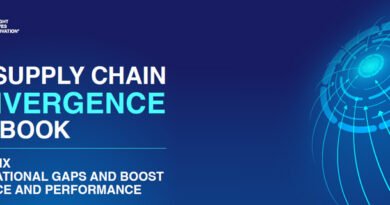Measuring the business value of exceptional customer experience

When it comes to the customer, there has been a radical change in thinking. Customer service used to be considered a cost center, a part of the business that lost money. But today customer experience (CX) packs a more powerful punch when it comes to organizational success because it’s integral to differentiating a brand, generating revenues, and fostering customer loyalty.
What makes exceptional CX such a weapon is that it can be direct, such as facilitating automatic transfers so a customer can make rent payments, or it can arm workers with more tools to provide it, like giving frontline employees more customer information to help patrons get what they want faster or more effectively. Companies providing an exceptional CX may also highlight products or services that are likely to be of interest specifically to customers, or anticipate their customers’ problems, like incurring overage fees, and reduce the friction that slows completion of a task. Simply put, personalization must be front and center, no matter the organization or the industry it’s in.
“If a customer expects some personalization for a cup of coffee at Starbucks that costs $3, then it would only make sense that they would expect an even higher degree of customization for a purchase of an automobile costing $30,000,” says Jim Lyski, chief marketing officer at CarMax.
For organizations, this emphasis on personalization and improving CX means studying the customer more closely. “It’s about knowing your customer across multiple product lines and geographies,” says Brian Timmeny, former chief information officer (CIO)/chief technology officer (CTO) of engineering, architecture, quality, next generation applications at Citigroup Inc./Grupo Financiero Banamex.
Companies, however, often lack a clear vision of exactly how to personalize and provide an outstanding CX. So, the goal for them isn’t just defining outstanding CX, but also evaluating it in some way that makes it clear how an improvement in CX directly translates into sales revenues, customer loyalty, and brand differentiation. That process often means thinking about how best to measure CX and incorporate new technologies, such as event-driven engagement, real-time data, artificial intelligence (AI) and machine learning, and cloud computing.
CX quantification, however, has sometimes been elusive. Net Promoter Scores (NPS), which are based on whether or not a customer would recommend a company to a friend, has been used to quantify CX but is flawed. The score reflects a customer’s overall sentiment, but NPS can’t distinguish between different aspects of CX. For example, a mediocre NPS can’t explain if the company came up short during the sales process or after purchase. Companies are now trying additional metrics in an attempt to quantify CX more granularly by measuring the business value of exceptional end-to-end customer experience.
This paper explores just how using data to understand and anticipate customers’ needs now syncs to a stellar CX. It further explores how data analytics, AI, and machine learning are integral to this effort. Finally, because CX encompasses the entire end-to-end customer journey, the paper examines the challenges involved in personalizing, optimizing, and quantifying it.



